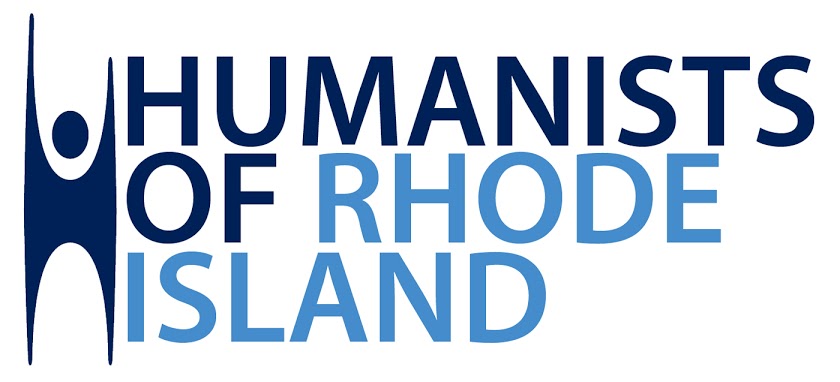Over the last weekend I was in New York City with the Humanist Institute discussing the future of Humanism and how to best grow the "movement" in light of the polling data that shows that people are fleeing organized religion but still unable to identify themselves as atheists or humanists. The point was made by humanist philosopher John Shook that in England right now, eighty members of parliament identify as humanists. In the United States, by contrast, only one member of the House of representatives identifies as a non-believer. (Rep. Pete Stark of California.)
John's thought that the humanists in parliament felt able to "come out" as humanists because humanism is no big deal in England. In fact, lots of people have attended humanist, non-theistic weddings. It's no big deal to be a humanist in England, because people see it for what it is, another kind of lifestance among many.
John's suggestion was that we needed more humanists officiants or celebrants. I immediately saw the logic of the idea. People who right now in Rhode Island are looking for a non-religious wedding are stuck with a civil servant of some kind, like a judge or justice of the peace, or with a liberal UU minister. Scott Rhodes, a humanist out of Pennsylvania, wrote the following on the Harvard Humanist blog:
When the big day arrived, it was a sunny warm October morning. The trees were showing off their autumn finery and we had gathered our immediate families in a brick courtyard under their boughs. The minister did her thing and we shared our vows and the event couldn’t have gone better. Then the UU minister handed us our personal horoscopes that she had put together and counseled us on the importance of the stars in our lives. Sigh.
My wife Katherine and I were married by a judge, because at the time it was the best alternative we could find to a religious ceremony. It was a wonderful ceremony and a wonderful day, but perhaps a wedding presided over by someone more akin to my non belief would have been more fitting.
The American Humanist Association and the Center for Inquiry both maintain humanist officiant training and certification programs, but the AHA requires hundreds of dollars in travel and much training. A look at their list of celebrants revealed little more than 125 celebrants in the entirety of the United States, and none in Rhode Island.
Fortunately I asked around and Gretchen Robinson pointed me to the Spiritual Humanism site. Though I'm not entirely on board with the word "spiritual" I have read the site thoroughly and the group is in no way "woo-y." As I explained in a Facebook post recently, when asked about my trouble with the word spiritual:
I just find that when I talk about Humanism in general, it's sometimes best to not borrow too heavily from a traditional religious vocabulary. Words like spiritual and faith (and many others) can serve to obscure the very real differences between humanism and religion in general. I have great appreciation for the history of religious humanism, and recognize that humanism is a spectrum of beliefs. That said, I want to avoid our movement being confused with "just another religion."
Of course, a quick and dirty Internet ordination does not make anyone an expert in performing delicate, emotional services like weddings, funerals and the like. We still need training and practice. Recently Harvard did some celebrant training that may have been invaluable had I been open to this possibility before. I did go to the trouble of turning the list of suggested reading for the class into a document for our Facebook group, and I am starting to gather the texts into a lending library for our group. (Though I will be building it slowly.) I also created a document that lays out the marriage laws in Rhode Island in a basic way. Both documents are editable, so if there's a book you would like to see added or if the laws as stated are different in some way, jump in.
My hope is that members of our group who are interested in pursuing this will sign up to become celebrants and begin to offer our services. When I look at our group I see a diverse range of members who could serve a wide variety of the public. Whatever kind of person you may envision performing your ceremony, we have them. Or soon will.
Also, as Humanists we have to be ready and able to engage publicly on the Marriage Equality issue. I believe we can do so with more gravitas if we make a commitment to secular marriage in this way.
As ceremonies of this kind are performed more and more often, our movement will not only grow, it will be accepted. It will have political clout. It will have a voice.
It's a small step, so small I almost missed it, but it will have a huge effect.

That's something I've overlooked until now. I never really thought about people distancing themselves from organized religion, yet still retaining some certain practices and traditions, such as methods associated with weddings. It really does seem that old habits die hard.
ReplyDeleteengagement rings